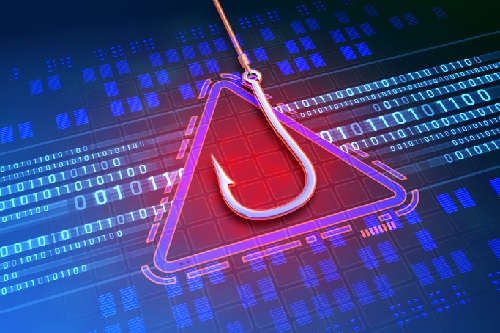Aviva issues phishing warning following emails to brokers from fake account

Authored by Aviva
We’ve been made aware of phishing emails being sent to some Brokers that work with us, which look as though they have come from Aviva. Phishing is a type of social engineering where an attacker sends a fraudulent such as. fake or otherwise deceptive message designed to trick a person into revealing sensitive information.
What to look out for
The phishing emails are sent from an email address spoofing Aviva and using the name of a genuine member of staff. The latest examples are coming from @mail-myavivaplc.com. Here’s an example of what the email looks like;
Subject: *The name of your company*
Hello,
By way of introduction, my name is **Staff member’s name** from the department of The Aviva team overseeing your firm’s operation. Our compliance team has issued a directive to you to complete a form on your firm’s details and operations. Please confirm that this is the correct email to send the secure information to.
Kind Regards,
**Staff member’s name**
**Job title**
**Opening Hours**
Please keep in mind that these phishing emails may use other fraudulent email domains spoofing Aviva.
What do I do next?
If you receive an email that you think may be suspicious, don’t click on any links or respond to the email and report it immediately to keepingyousafe@aviva.com or report it to us via our Fraud Hub. We also recommend that you;
Report it to report@phishing.gov.uk by forwarding the email or a screen shot of it. This service is provided by the National Cyber Security Centre, the UK government organisation that has the power to investigate and take down scam email addresses and websites.Mark the email as junk and then delete itIf you think you’ve clicked on or responded to a fradulent email, please follow the advice on the National Cyber Security Centre – if you’ve shared sensitive information
We’re investigating this and are taking action to shut down any fraudulent domains identified.





